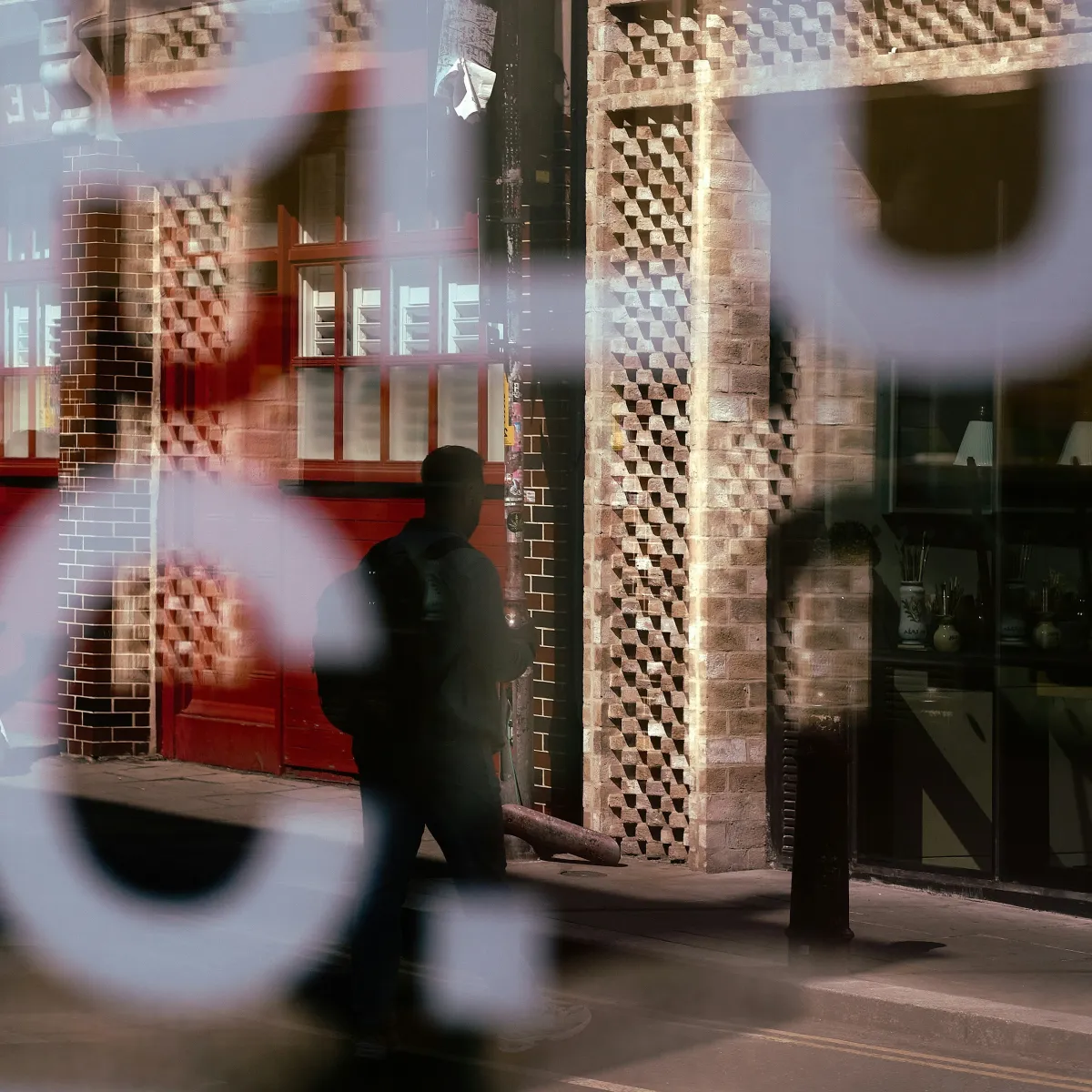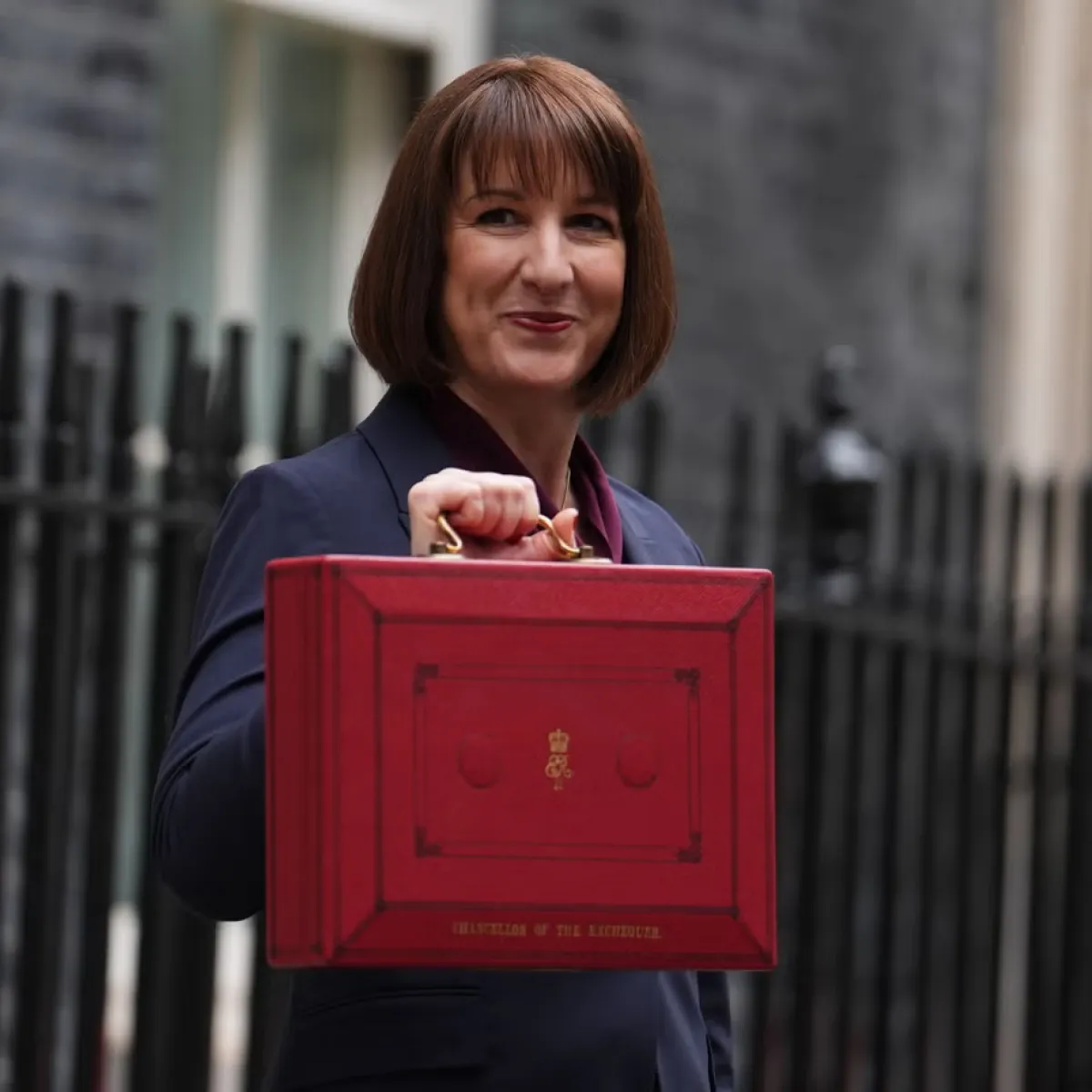This website uses cookies. Learn more
The Lansons public affairs team examine some of the key issues facing the G7 ahead of their gathering in Cornwall this month.
A Diplomatic Milestone
James Dowling, Lead Political Consultant
Westminster this week basks in sunshine made much more sweet by the fact that it occurs in recess, offering inhabitants of the Westminster Village a real opportunity to top up their tans.
The cessation of the regular Parliamentary hostilities also frees up space to consider the way forward as we (touch wood) escape the pandemic on the back of a (for once) genuinely world-beating vaccination programme. Looming close on the horizon is the G7 summit which the UK is hosting this year and is due to be held at the luxury Carbis Bay hotel in Cornwall, starting on 11 June.
The G7 is the first significant diplomatic milestone for the UK after Brexit. For the UK, it is a serious positioning opportunity – a platform from which they can demonstrate global leadership despite and after Brexit – and an opportunity to shift the agenda on from the pandemic – although that will inevitably form a significant part of the backdrop. The G7 is an opportunity for the Western democracies to reassert themselves in the face of aggressive vaccine diplomacy from Russia and China - and help for the poorer countries in their vaccine efforts will be high up the agenda. Also at the centre of discussions will be the global tax reform agenda, and climate change, with the UK, in particular, using this as a staging post ahead of COP26 in Glasgow later this year.
There is serious diplomacy to be done here. Bizarrely as we approach two years with Boris Johnson as Prime Minister, this is also one of the first opportunities to see how the Prime Minister intends to conduct international relations going forward – Brexit and the pandemic both standing out as epochal events which are therefore no reliable guide for how the Government will operate in more normal times. The G7 is a further opportunity to recast himself above and over UK domestic politics.
Building Back Greener
Mitchell Cohen, Senior Political Consultant
The theme of this year’s British-hosted G7 summit is building back better from the coronavirus and creating “a greener, more prosperous future”. For this reason one of the core pillars of the G7 summit will be climate change and the role the biggest nations can play in reducing its carbon emissions. The summit will be seen as a prelude to the COP26 in Glasgow in November. However, just today analysis has shown that the nations that make up the G7 have pumped billions of dollars more into fossil fuels than they have into clean energy since the Covid-19 pandemic, despite their promises of a green recovery.
This has led to a lot of pressure being put on Boris Johnson to be more ambitions with the G7 meeting and push other nations to follow the UKs lead. The UK has set the climate change target of reducing emissions by 78% by 2035 compared to 1990 levels, and to reach net zero by 2050. Johnson is likely to urge the other leaders to do the same in what has been pledged to be the first carbon-neutral G7 summit. All G7 members have targets to cut emissions by at least 40% below 2005 levels by 2030 and reach net zero emissions no later than 2050.
Discussions around climate change are likely to focus on the role businesses can take to limit their climate change risks through reporting, stopping direct funding of coal-fired power stations in poorer nations, safeguarding 30% of land for nature to boost wildlife and help soak up carbon emissions and funding to help fast-growing economies such as India and Indonesia to get clean technology
The decisions that will be taken in Cornwall are an important stepping-stone on the road towards the vital global climate summit in Glasgow in November.
Rebuilding the Global Economy
Alice Pleasant, Political Consultant
The coronavirus pandemic has damaged the global economy considerably, with governments forking out trillions to support their populations, although millions have still lost jobs and livelihoods. The G7 will want to focus on how to give the global economy a boost whilst making sure that it is more resilient and greener than ever before.
The UK has a reason to feel positive, with the OECD predicting that its economic recovery is set to be stronger than previously thought with 7.2% growth in 2021. However, this growth may not be evenly shared between countries. Whilst the G7, a group of the richest and most powerful global economies, could recover quickly – poorer nations may struggle, possibly leading to heightened geopolitical tensions over issues such as vaccines and migration. The G7 may be on the right economic track for now, but the fear of rising inflation due to their reopening economies is growing with the Bank of England, US Federal Reserve and EU Central Bank all nervous about a surge in inflation in the first half of the year.
The G7 will be ultimately hoping to agree a number of economic commitments, with UK Chancellor Rishi Sunak already calling for action that will ensure global financial markets play their part in the transition to net zero. Additionally, as speculated in our previous Political Capital, there is an expectation that a global tax deal on a global minimum corporation tax could be agreed after plans put forward by US President Biden earlier in the year.
Getting to the Point
Sam Greenwood
Covid is undoubtedly a key point of concern for the G7, especially as it meets in a country where the highly transmissible Delta variant now makes up almost three quarters of cases. More to the political point however is the need for an effective global strategy in combatting the virus. Despite the hard-headed ambition of some on the UK Government benches, not to give an inch on “returning to normality”, the reality is simply that there is no such thing until a global solution is made available for the novel, mutating disease.
This solution must be built on a long-sightedness which has been absent in the approach of many wealthy countries scrabbling their way through this crisis. From the EU’s flailing application of legalese following the failure of Astrazeneca to provide ordered vaccines to the miserly and error-prone rollout to developing nations – the pressure on the conference to do more to promote international efforts will be significant.
Boris Johnson is facing pressure from MPs to share some of the UK's coronavirus vaccines with developing nations to prevent a "humanitarian disaster". In a letter, they urge the PM to show "global leadership" ahead of the G7 summit by pledging to donate one dose abroad for each one given in the UK. Vaccines are being administered across the world under an international scheme known as Covax, to try and stop the coronavirus pandemic, but the global situation remains vastly uneven.
The UK - which has ordered more than 400 million doses of various vaccines - has promised to give most of its surplus vaccine supply to poorer countries. But international organisations such as the World Health Organisation, the IMF and the World Bank are concerned that not enough is being done to stop new variants spreading and say no-one is safe from the virus until everyone is protected. And more than a hundred MPs and peers from across the political spectrum have said the UK has a "moral imperative" to go further.
Stay in the loop with our experts




New Business: to find out how we can help you, contact our dedicated new businesss team consultancy@lansons.com
Careers: we’d love to hear from you, please visit our careers hub











